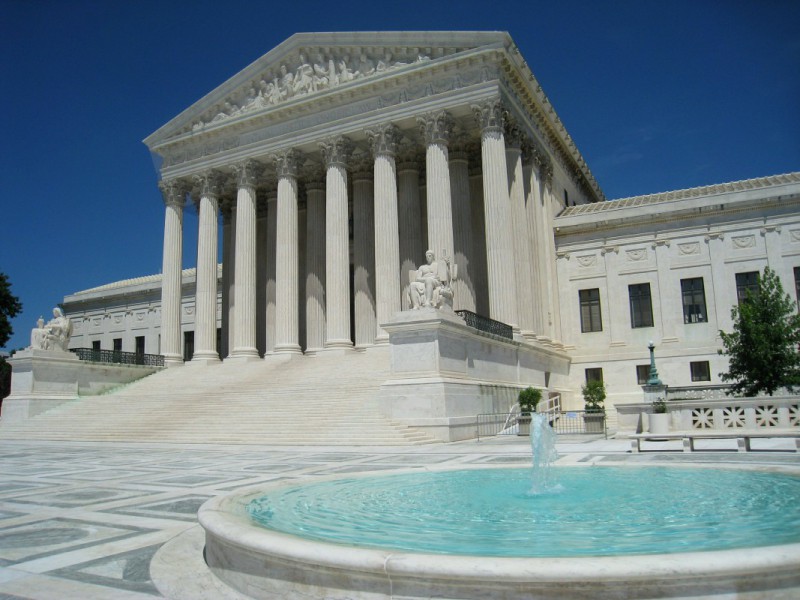It’s peak travel season, so it’s a good time to examine the Transportation Security Administration (TSA), a government agency created by President George W. Bush supposedly to protect air passengers.
As a recent government accountability report and deadly attack on Los Angeles Airport suggest, the TSA is a failure.
That’s because the agency is based on a false and unconstitutional premise—that government’s proper role, providing police and military defense, necessitates the authority to restrict the right to travel.
Leaving aside current claims against the TSA’s existence including legitimate lawsuits asserting violation of the Fourth Amendment, the right to travel without being molested by the state is implied in the nation’s founding principles. As Supreme Court Justice Potter Stewart, comparing it to the right of association, wrote in 1969: the right to travel is “guaranteed by the Constitution to us all.”
Certainly, police must protect and defend commercial and passenger air travel, particularly during war, though it must be noted that none of the Islamic hijackers on 9/11 violated aviation law. But national defense and security expressly exists to serve and protect, not systematically breach, individual rights.
The ends do not, in fact, justify the means. By mandating government inspection of each passenger’s body—regardless of context, such as a judicially approved watch list or even targeted profiling—as a requisite for air travel, the TSA violates rights.
What is wrong in theory is a disaster in practice. Most aviation attacks since 9/11, for example, were discovered and/or prevented by passengers and crew, not by the government, let alone the TSA. In fact, the TSA has been useless in most major threats and attacks to U.S. air travel. This is true from the terrorist attack at LAX in 2002—in which an El Al employee and a passenger were murdered and a security guard was stabbed by an Egyptian limousine driver—to the recent assault by an apparently anti-government shooter that took a TSA officer’s life at the same airport.
The TSA’s value proposition to provide security as a trade-off for infringing on rights is flimsy; despite years of service and billions of dollars, the agency fails to prevent the initiation of force. As we’ve seen, the government agency’s existence increases the threat to today’s traveler.
The TSA’s power is arbitrary. Agents disrupt travel, molest passengers at random, and are frequently accused, charged and jailed for petty and worse crimes including sexual and physical assault—and acts of terrorism. One TSA agent at LAX, for instance, was arrested on 9/11 of this year for exploding bombs underneath passenger jets. This crime went largely unreported by the media during the recent LAX siege.
Meanwhile, numerous assaults have been initiated at airports and on airplanes across the U.S.—including in-flight shoe and underwear bombing attempts by Islamic terrorists who successfully evaded the TSA, according to the TSA’s own Web site.
Whatever slips past the TSA—and whatever the TSA slips past the public—the agency is, at best, antagonistic toward aviation safety.
So, the TSA does not protect and defend Americans; it endangers Americans. In the aftermath of the latest attack, there is talk of providing weapons to agents of the TSA. But we should go to the root of the problem and insist on doing the opposite. Instead of arming the TSA, we ought to abolish the TSA. We should dismantle the failed agency, return aviation security to its proper practitioners—police, airports and airlines—and begin to restore the right to travel.



